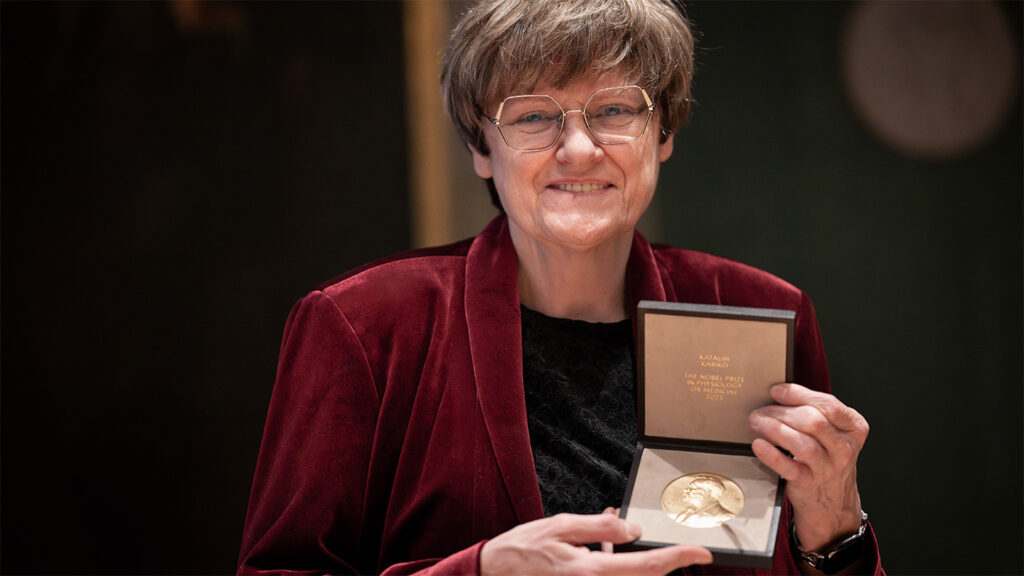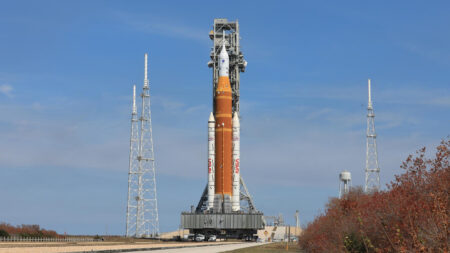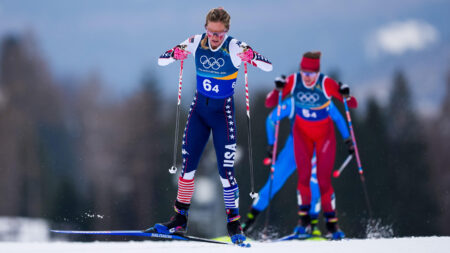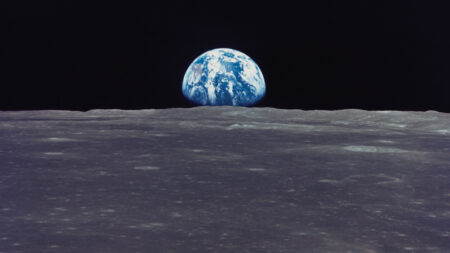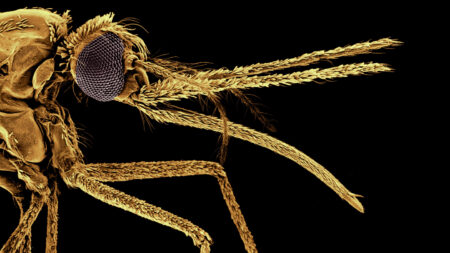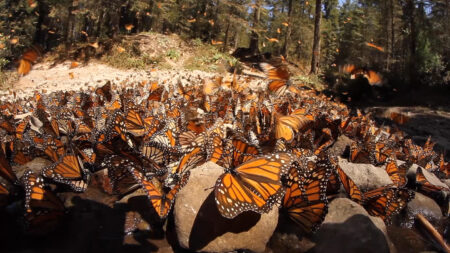Katalin Karikó thought the call was a joke. It was 3 a.m. on October 2, 2023. Her husband answered the phone. As someone in building maintenance, “he quite frequently gets calls for fixing this and that,” Karikó says. But this time, he handed it over. “It is for you,” he said. Only half awake, she heard someone calling from Sweden to congratulate her: Karikó, a biochemist at the University of Pennsylvania, had won a Nobel Prize in physiology or medicine for her work on mRNA, a discovery that propelled the rapid development of COVID-19 vaccines.
With that prize — the biggest in science, along with Nobels for chemistry and physics — she joined an elite group, all of whom received a message in early October letting them know they’re now part of the most celebrated circle in science.
The Nobel Prize is an honor known the world over, but one that spotlights only narrow slices of science and very few scientists within them. Many fields of science don’t fit into the prize categories at all. What’s more, since only three people can share a prize, the hundreds of others who may have worked on a discovery end up being unrecognized for their prize-winning work.
Who gets celebrated — and who doesn’t — has much to do with the parameters of the prize, the history of science and how the two combine to create their own kind of bias.
The Olympics of science
The prizes are named for Alfred Nobel, a Swedish chemist in the 1800s who invented dynamite and later used his fortune to establish the awards.
Nobel probably didn’t intend for the prize to become the Olympics of science, says Marshall Lichtman, a physician at the University of Rochester Medical Center in New York who wrote a 2017 article on Alfred Nobel and the Nobel Prize. “What he was hoping to do, I think, was to provide [the winners] with a prize that would allow them to continue this exceptional work.”
First awarded in 1901, the Nobels quickly became famous. At the time, there weren’t other big prizes like it for scientific discovery. And they were open to everyone — regardless of country of origin. “That meant that the very best people in the world were going to be recognized,” Lichtman says.
Today, choosing winners takes almost a year, from soliciting nominations to assessing to awarding the prizes.
“We are only allowed to award a discovery,” not a person, says Juleen Zierath, a physiologist at the Karolinska Institutet in Stockholm, which hands out the physiology or medicine prize. “So we have to sort through who’s been nominated. Are these people the right people? Did they really make a discovery?”
The organizations that award the prizes work hard to avoid bias, says Zierath, who was the first woman to chair a Nobel committee and remains in an assembly that chooses who wins the physiology or medicine prize. “We’re 50 members … to ensure it is not one person [making] a decision,” she says. And “we’re not restricting our nominations to only one region. We’re reaching people throughout the world and requesting that they nominate.”
Odds of winning
Most scientists, even very successful ones, will never win a Nobel. Those who do tend to be white men. In 2023, Karikó became one of only 13 women to have received a Nobel Prize in physiology or medicine. Even fewer have won in chemistry or physics. Just one Black person has won any of the science prizes — W. Arthur Lewis in 1979 for economic science.
Winners are also usually from wealthy places like the United States and Western Europe. That’s largely because these regions have long invested in funding science and contributed to strong research environments, Zierath says.
To be seen as prizeworthy, scientists have to make big discoveries. Often, this means working in big labs at important universities, places that can be hard for underrepresented groups to access. People of color and white women face a lot of barriers to succeeding in science, notes Harriet Zuckerman, a sociologist at Columbia University. There’s an “array of obstacles that line the course of women’s careers,” she says, making it less likely for them to reach a place where they can do the type of work likely to win a prize.
“In order to get the Nobel Prize, normally, it takes — from the first nomination until you get the prize — 10, 20, 30 or even 40 years,” says Nils Hansson, a science historian at Heinrich Heine University in Düsseldorf, Germany. This means that other scientists have to think a discovery is worthy of a prize — and keep nominating the scientist responsible.
Winning scientists most often are the heads of their labs. Victor Ambros, a developmental biologist at the University of Massachusetts Chan Medical School in Worcester, won a Nobel Prize in physiology or medicine in 2024 for discovering microRNAs, tiny bits of genetic material that help control how cells make proteins. He shared the prize with Gary Ruvkun, his former colleague at Harvard Medical School. Ambros’ wife, Rosalind Lee, also a scientist, manages his lab and contributed just as much to the work, Ambros says. But she doesn’t run her own lab and did not share the prize with him.
“Here’s a life partner, [my] partner at home, [my] partner in the lab, [my] science partner,” Ambros says. “It would have been terrific if we could have shared” the prize.
Finding meaning in the future
The Nobel Foundation likely won’t change anything about the prizes. They are largely bound by limits Alfred Nobel wrote into his will.
That leaves out a lot of science. “Where does ecology fit in?” asks Robert Marc Friedman, a historian of science at the University of Oslo. Or the study of oceans? Weather and climate? Geology? Discoveries in these fields can be just as important as those in physics, chemistry or medicine. But most won’t qualify for a Nobel Prize.
Still, Lichtman thinks the prize is important. It shows the world that science can change our lives.
Ambros agrees, and not just because he won one. “It’s all about science and celebrating science,” he notes. “I’ve talked more about my research publicly in the last couple of months than I did in my whole previous career.” When people hear that he won a Nobel Prize, they don’t only get curious about him and his work — they get curious about science.
Read the full article here





